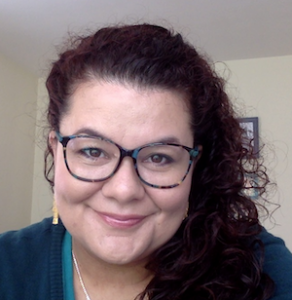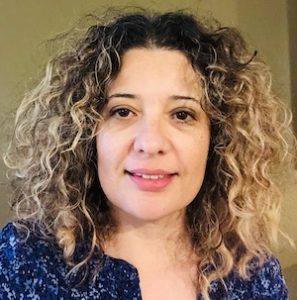We are humbled to be part of this special issue honoring the life work of Jonathan Silin. His scholarship and activism have opened spaces for future generations, like our own, to share our testimonios. We are straddling between being former early childhood teachers and current teacher educators—between our profe lives and our everyday lived experiences as Latina border crossers. Testimonios, which we engage in for this piece, have herstorically captured intimate tellings that connect individual struggles and strengths to the larger collective (Delgado Bernal, Burciaga, & Flores Carmona, 2012; Latina Feminist Group, 2001). It is in these testimonios that women of color (and in our case, Latina) scholars have felt hospitality and welcoming. Although our tellings may be painful to write and read, Lorde (1984) and Anzaldúa (1987) remind us that we must write for survival and tell our stories in our own words. In that way, we acknowledge the deep intergenerational wounds felt by Latinx peoples and Black, Indigenous, and People of Color (BIPOC), while providing a means for conocimiento/healing.
The testimonios we share are intimately tied to the special issue’s theme, touching upon layers of welcoming and hospitality. To provide insight, Cinthya and Michelle came to this writing space as mujeres who have supported each other through a sisterhood for over 15 years. They met when Michelle was in graduate studies and Cinthya was early career faculty and immediately found a sense of welcoming and hospitality in each other. They shared interests in women of color feminisms and how these ways of knowing and being can inspire anti-oppressive and anti-colonial imaginaries in early childhood studies. This sisterhood has guided Michelle and Cinthya through the ups and downs of life, generating lessons and reflections as teacher educators and scholars of color. They have been honored and delighted to meet and welcome (and be welcomed by) new Latina colegas, Ana and Paty, co-collaborators of this piece. It gives us all great joy and hope to work together, share and learn new insights, and suggest recommendations for the future of early childhood education and care, particularly by centering culturally sustaining praxis to support historically minoritized children.



